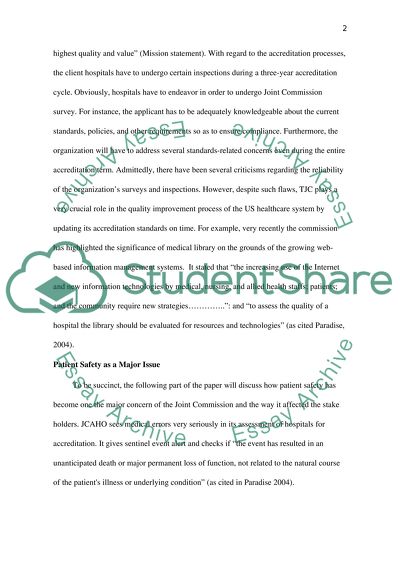Cite this document
(“The Joint Commission - role in heath care Research Paper”, n.d.)
The Joint Commission - role in heath care Research Paper. Retrieved from https://studentshare.org/health-sciences-medicine/1478067-the-joint-commission-role-in-heath-care
The Joint Commission - role in heath care Research Paper. Retrieved from https://studentshare.org/health-sciences-medicine/1478067-the-joint-commission-role-in-heath-care
(The Joint Commission - Role in Heath Care Research Paper)
The Joint Commission - Role in Heath Care Research Paper. https://studentshare.org/health-sciences-medicine/1478067-the-joint-commission-role-in-heath-care.
The Joint Commission - Role in Heath Care Research Paper. https://studentshare.org/health-sciences-medicine/1478067-the-joint-commission-role-in-heath-care.
“The Joint Commission - Role in Heath Care Research Paper”, n.d. https://studentshare.org/health-sciences-medicine/1478067-the-joint-commission-role-in-heath-care.


